Music of Transparent Means
Chord from the Second Delphic Hymn / Emerging like an Infant from the House of Truth (LP)
** Edition of 100 hand-numbered copies. Notes by Jon Dale ** Discovering Music Of Transparent Means was one of the three or so genuine revelations from my fifteen years of living in Adelaide, Australia. I was in my twenties and had spent some time wondering why the city I was surviving hadn’t offered much in the way of genuinely engaging and affecting ‘experimental music’ (all terms used advisedly) during my tenure. I’d also somehow glommed onto the work of a number of American composers and polymaths – La Monte Young, Tony Conrad, Arnold Dreyblatt, Phill Niblock, Maryanne Amacher – and somewhere in the back of my head, I was looking for a similar music, locally made, that combined the rush and roar of the best rock music, its volume and its joyous love of kicks and freedom, with the temporal and experiential obliterations of the best minimalism.
So, finding Music Of Transparent Means (MOTM) was a heavy deal. A loosely shaped ensemble, MOTM was really the conceptual and aesthetic expression of éminence grise, Alex Carpenter, a fiercely intelligent and disciplined musician, composer and thinker who balanced that intensity with a genuine warmth and kindness in the personal realm. (The latter is far more important, in the end, than the former, and it’s one reason why I still listen to MOTM.) Alex had come up through time-honoured traditions – playing in rock bands as a teenager, studying classical guitar, finding himself embedded in, and ultimately chafing against the ‘classical guitar scene’: “It was a culture with limits. I didn’t just want to work on perfecting the Bach suites and discuss endlessly the merits of one particular arrangement over another one.”
Instead, Carpenter leaned towards composition over being ‘just’ a guitarist. The means of his expression were many and varied, but he recalls that he “also wanted loud, engaging sounds, alternative tunings, sustained notes and beating nuances that come from multiple instruments and sound sources.” A concurrent interest in the work of La Monte Young and his peers – Carpenter wrote an essay, “La Monte Young: Towards Absolute Music”, as a student in the nineties, which was an early, oft-referenced discussion of Young’s work - proved that Carpenter had intellectual chops to burn, as well, but as his colleague and peer Luke Altmann wryly comments, “he had an endearing love of the ridiculous and was the first person you’d look for at a party.” I can’t help but feel that you can sense that in the joyous sensory over- stimulation of MOTM – the music is, quite simply, a head-fucking blast to listen to and swim through... - Jon Dale 2021
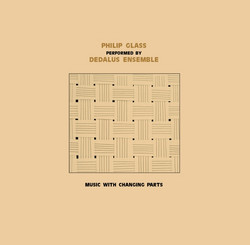

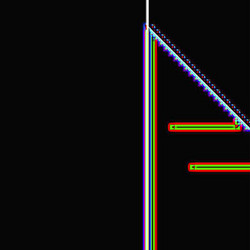
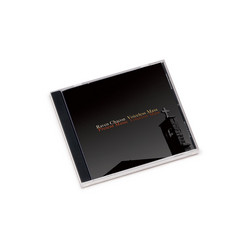
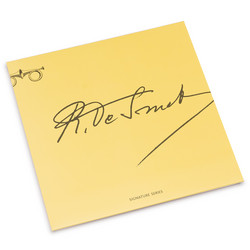
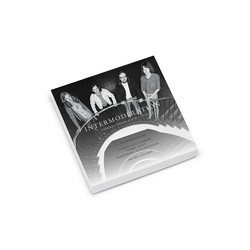

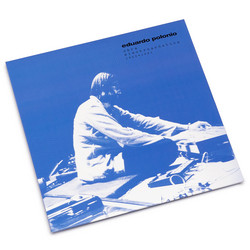
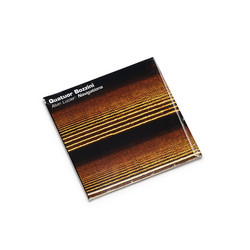
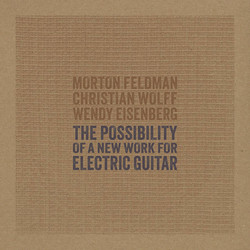
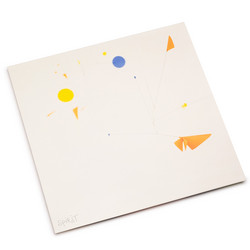
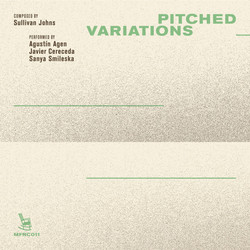
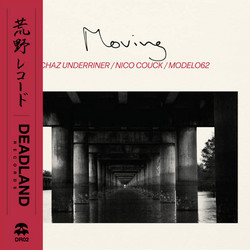
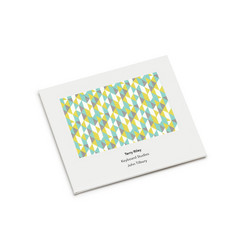
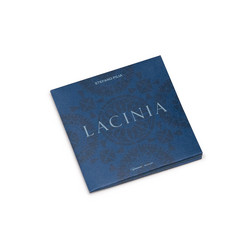
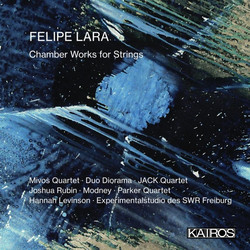
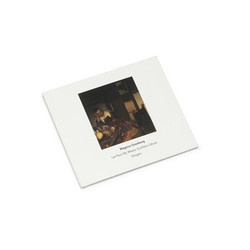
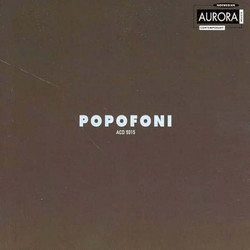
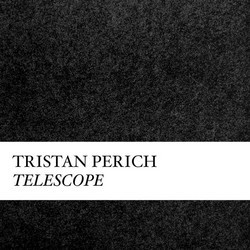
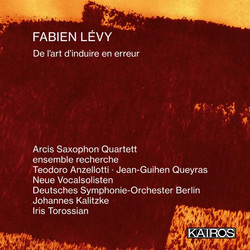
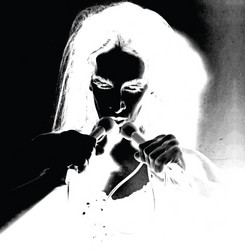
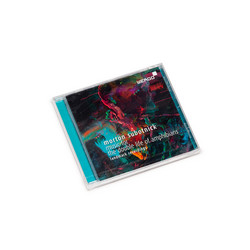
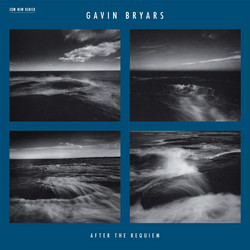
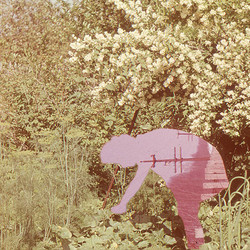
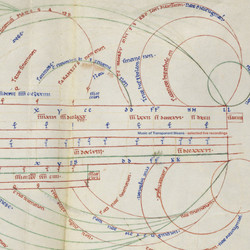
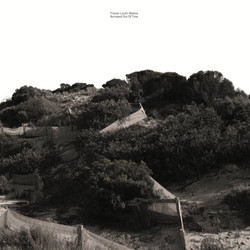

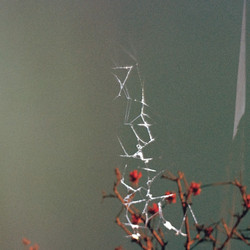
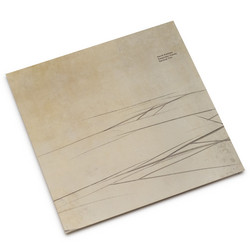
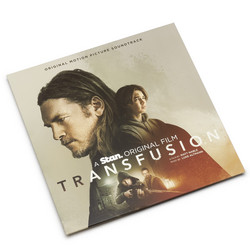
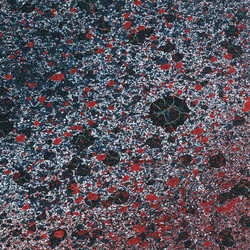

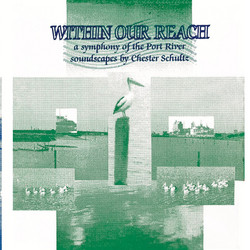
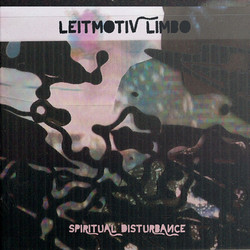
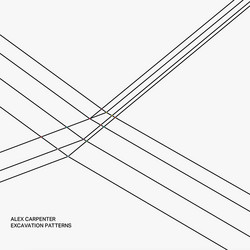
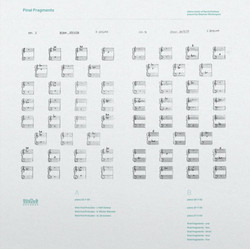

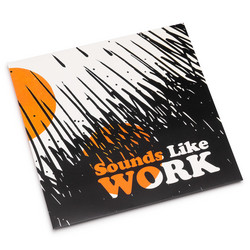
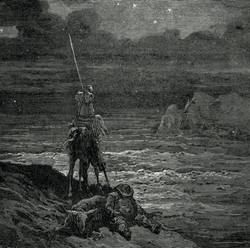
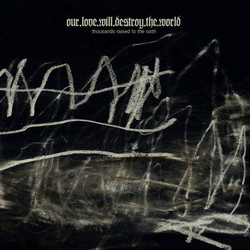
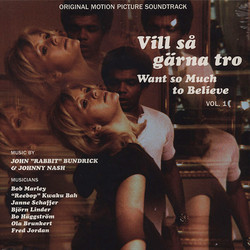
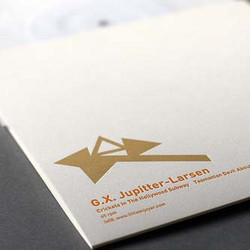
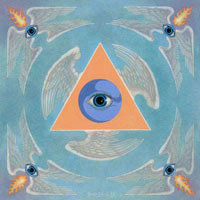
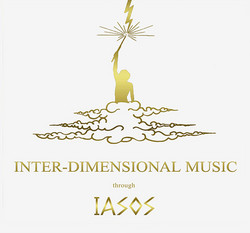
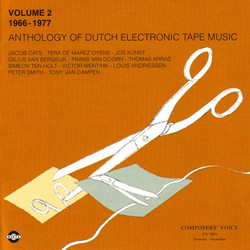
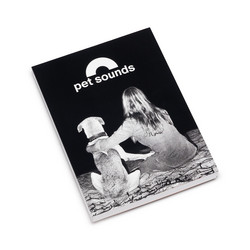
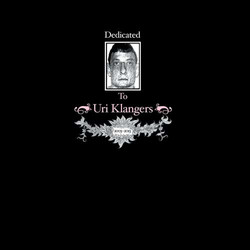
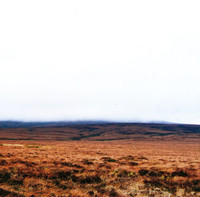
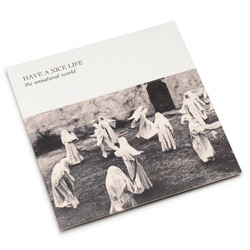
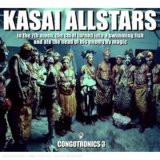
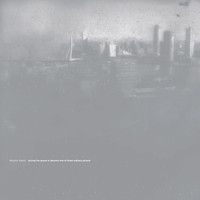
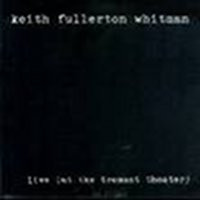
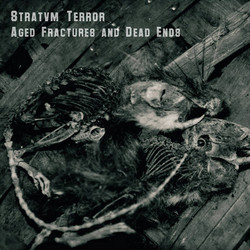
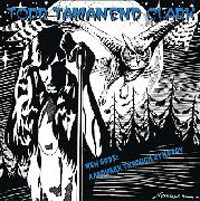
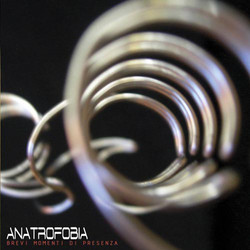
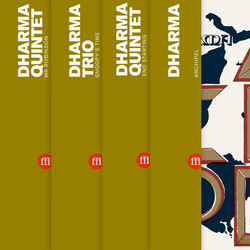
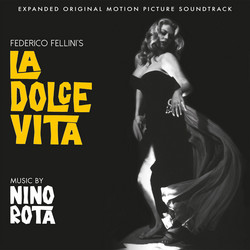
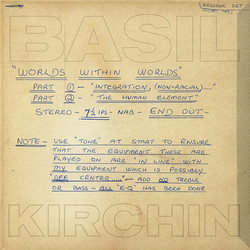
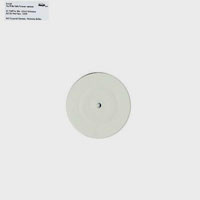
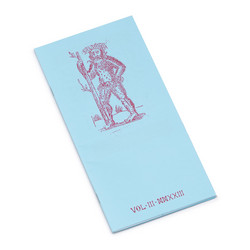
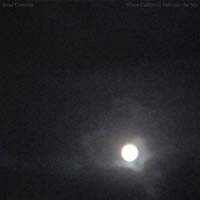
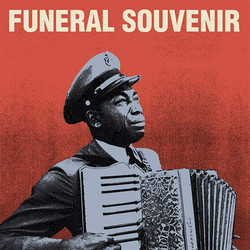
![Meakusma [Generators]](https://cdn.soundohm.com/data/products/2022-09/NzUtNzU1Mi5qcGVn.250.jpg)